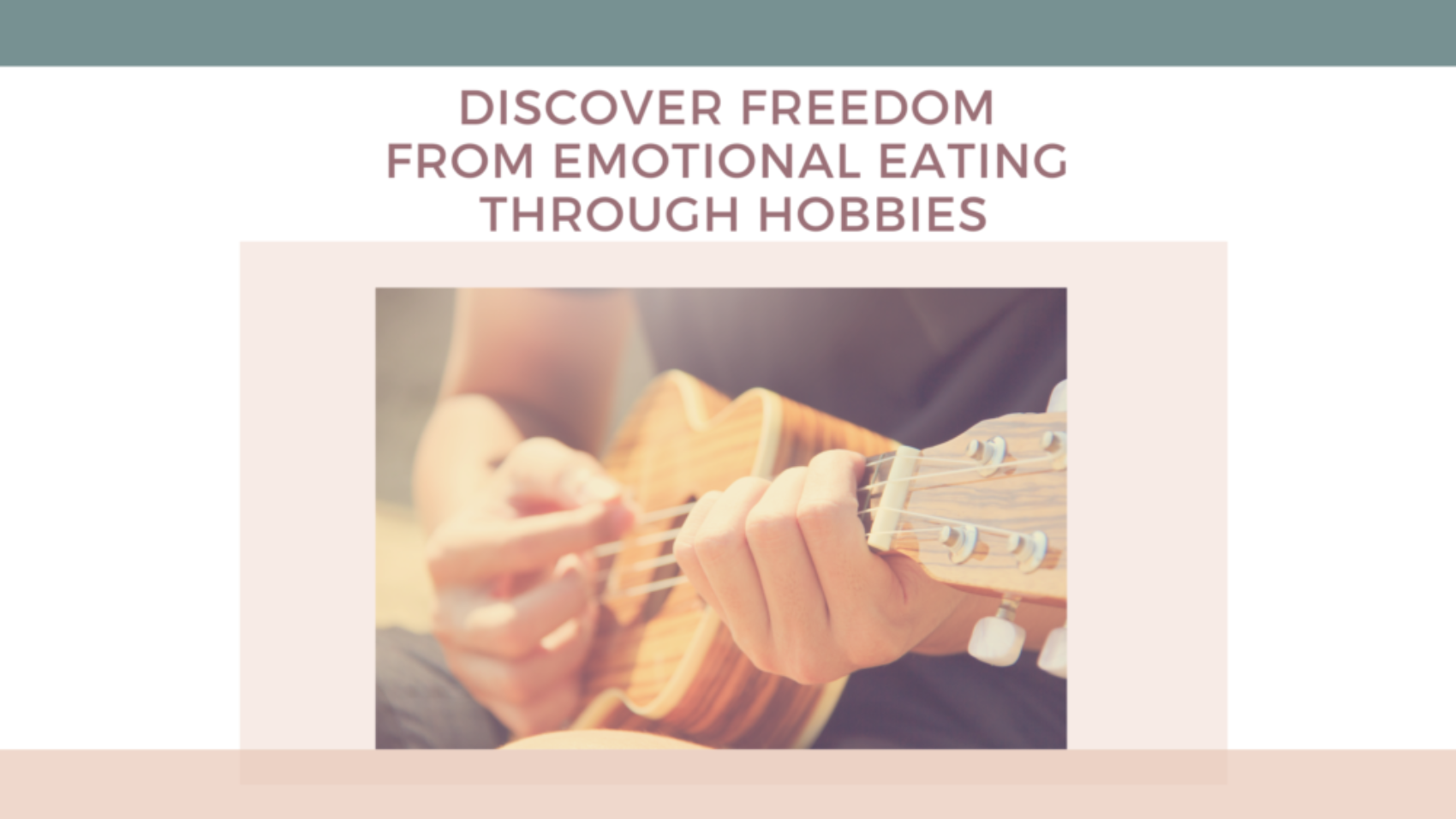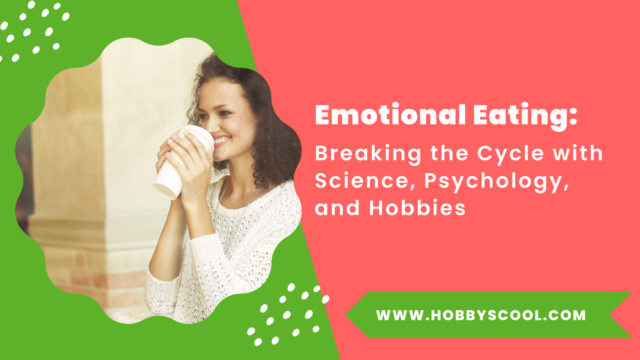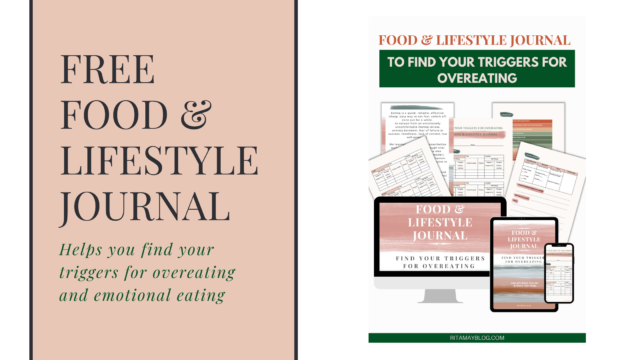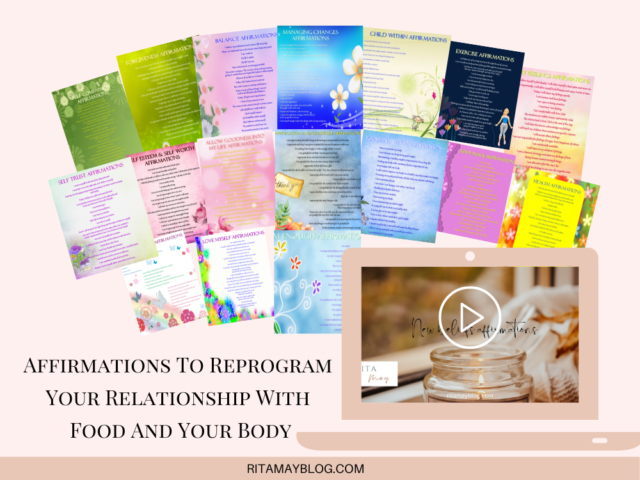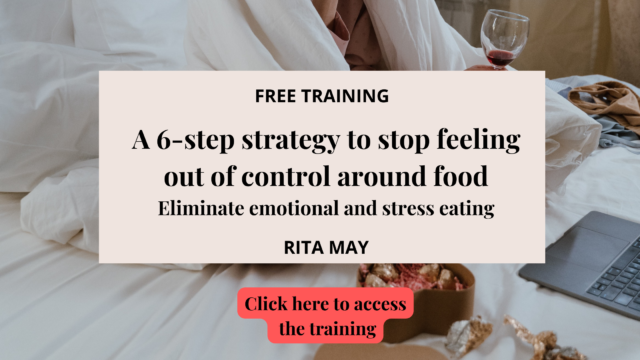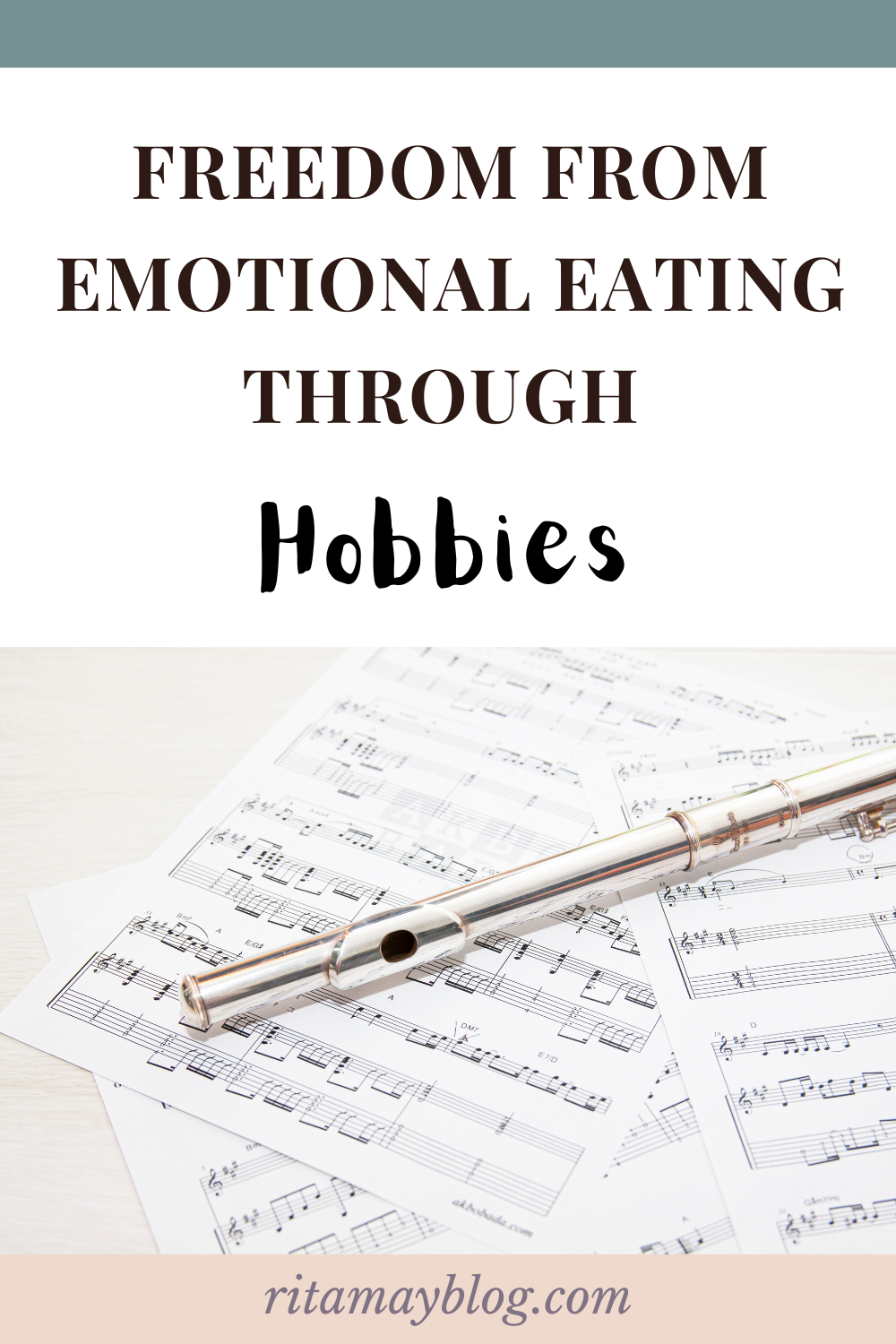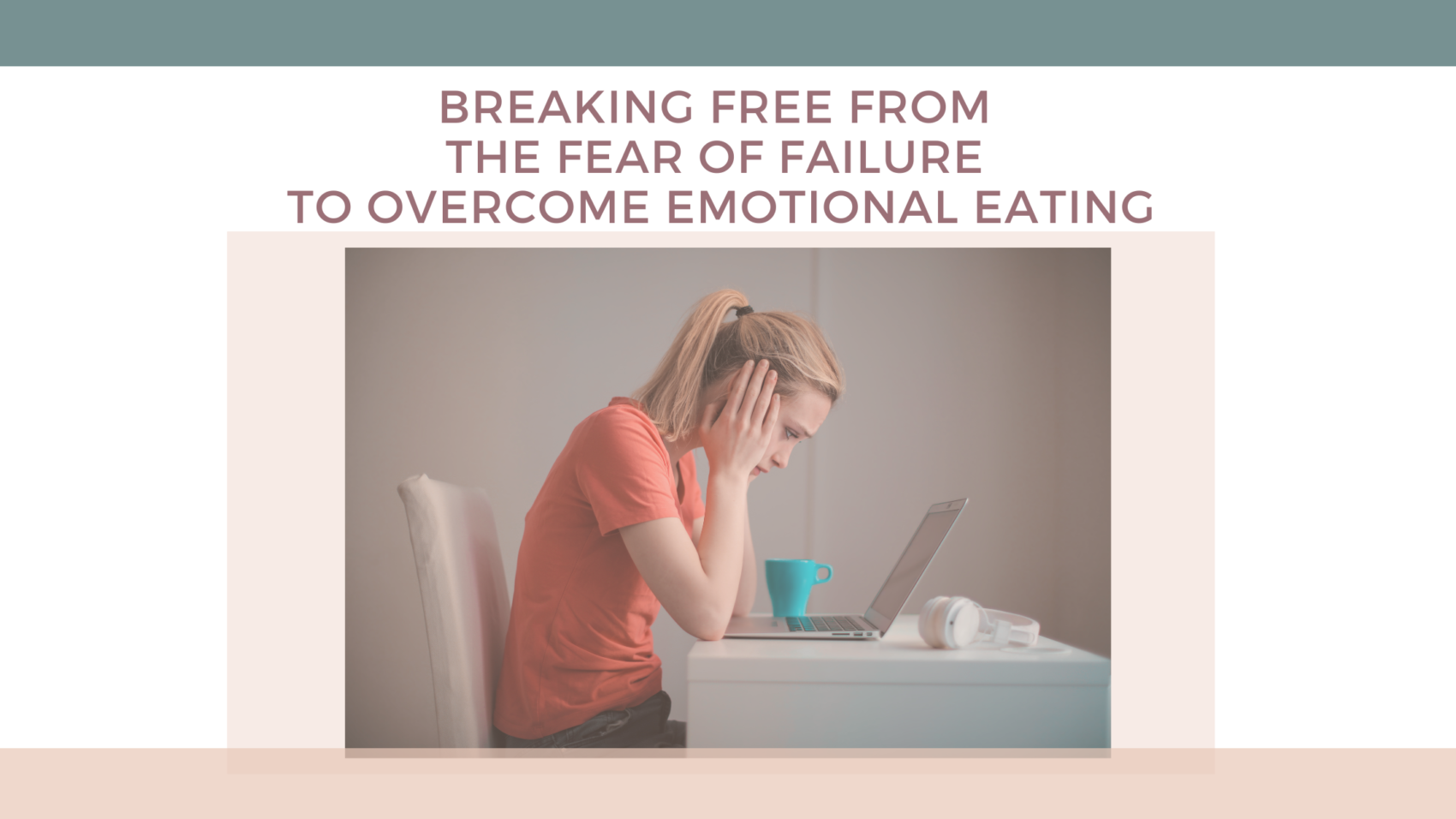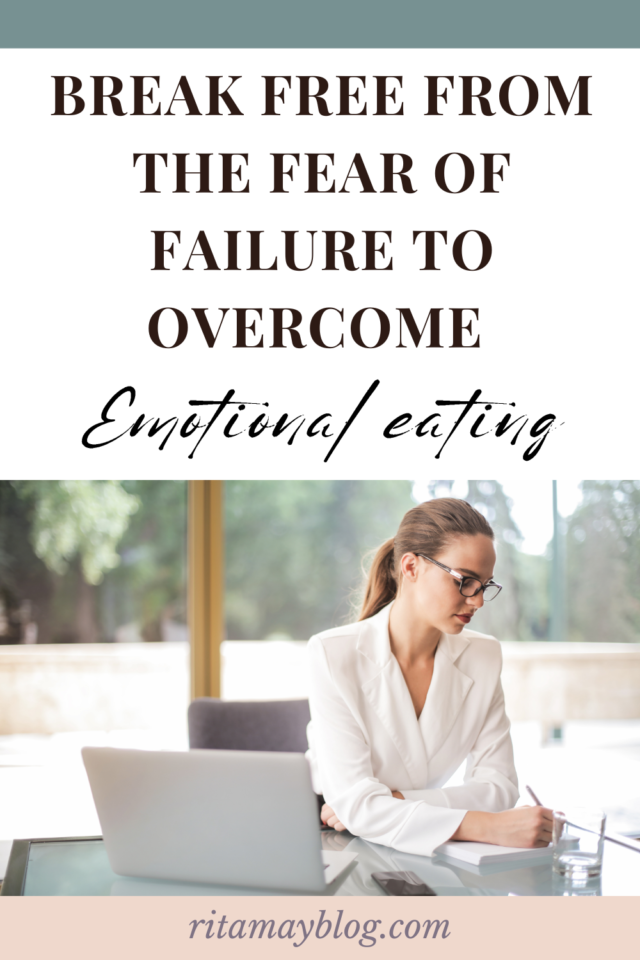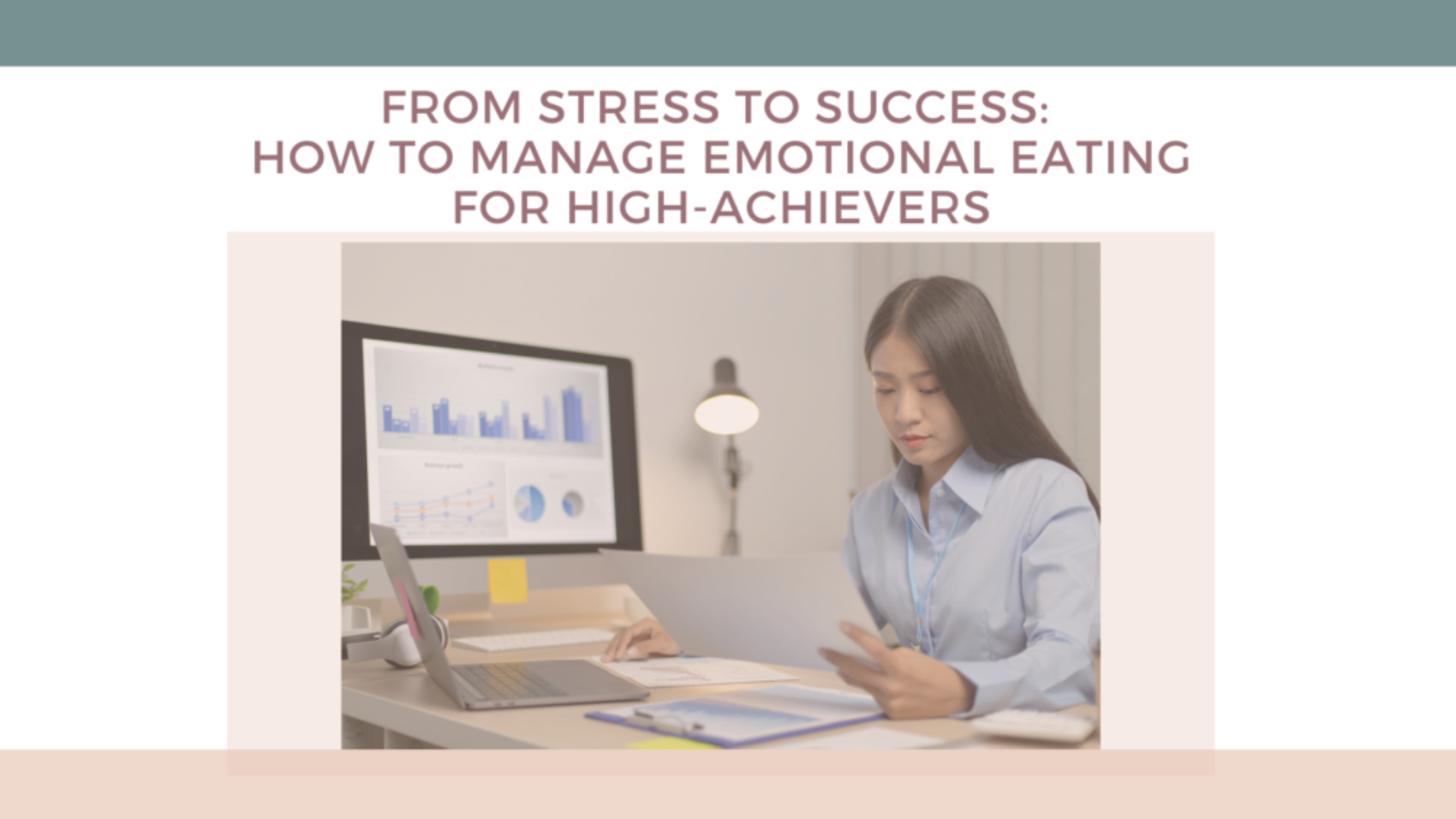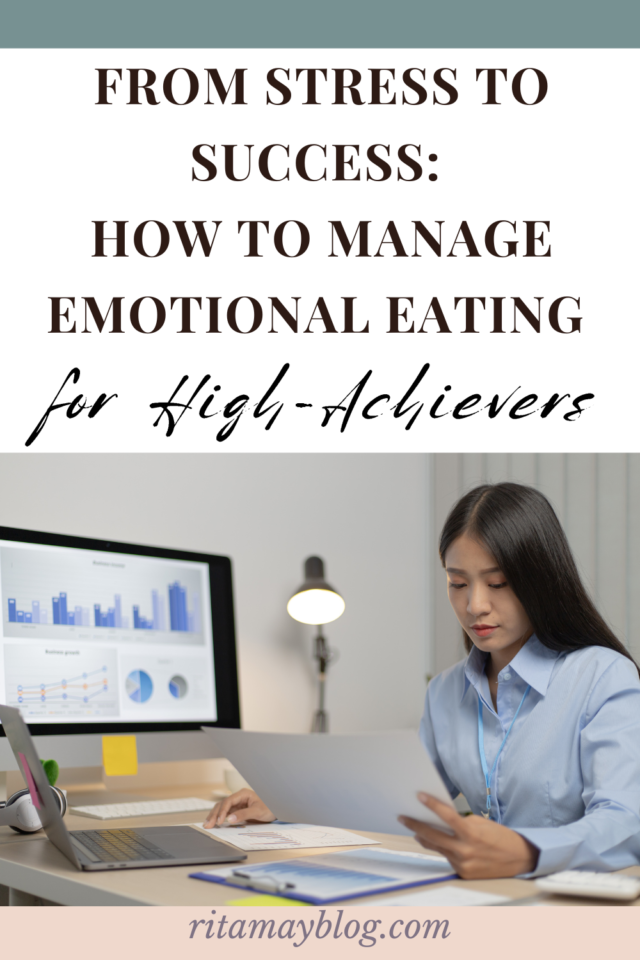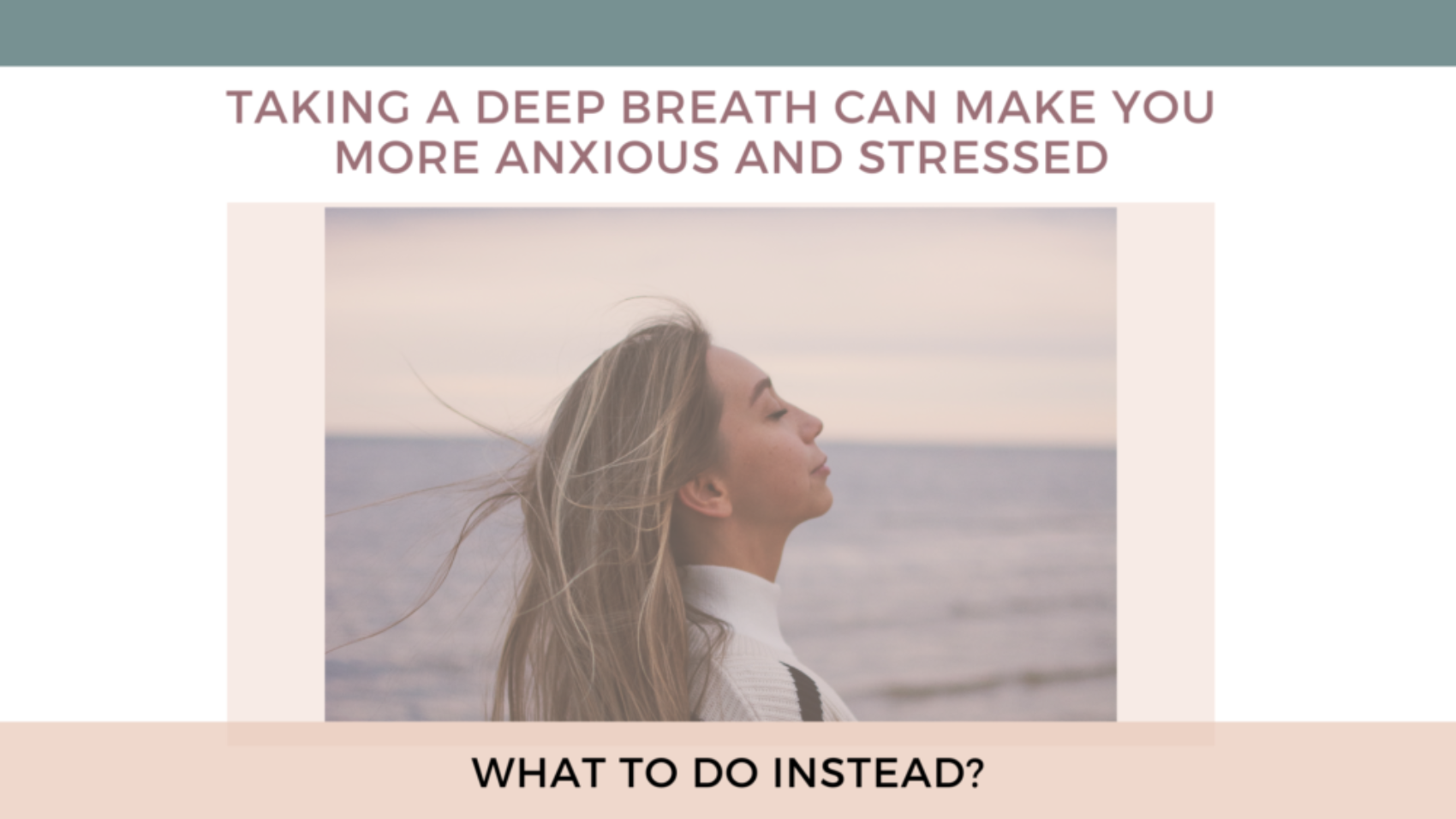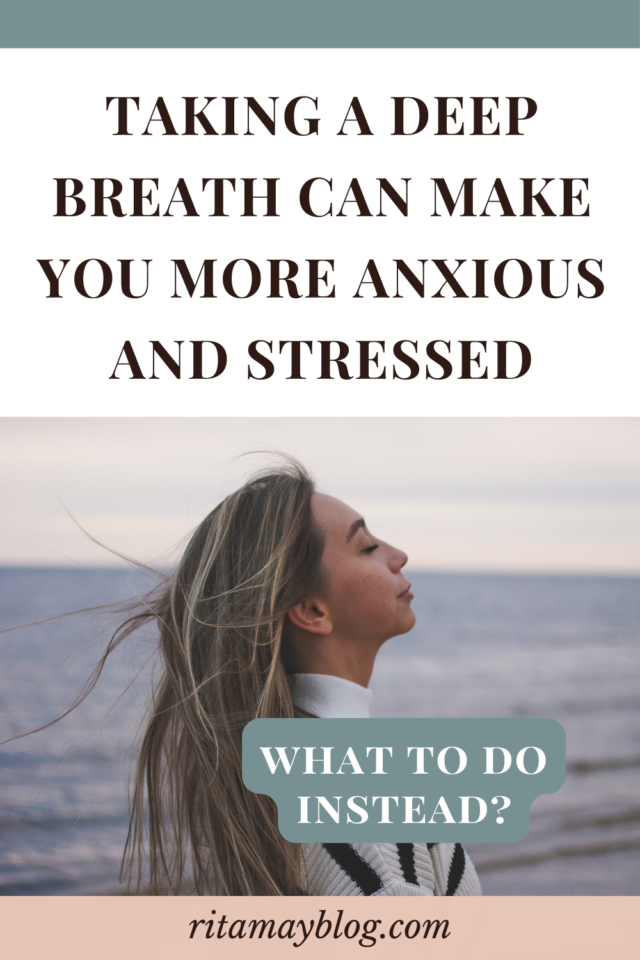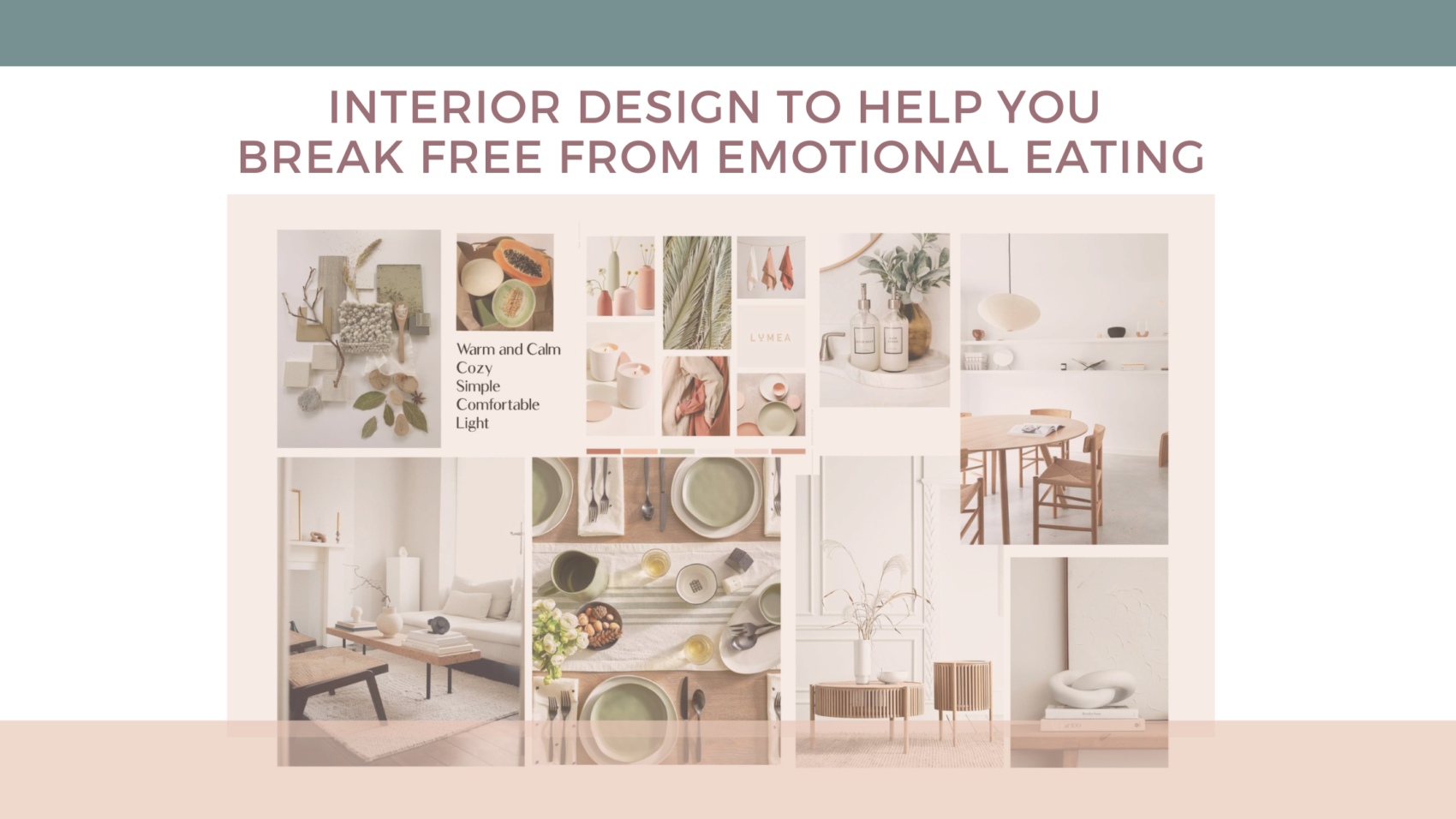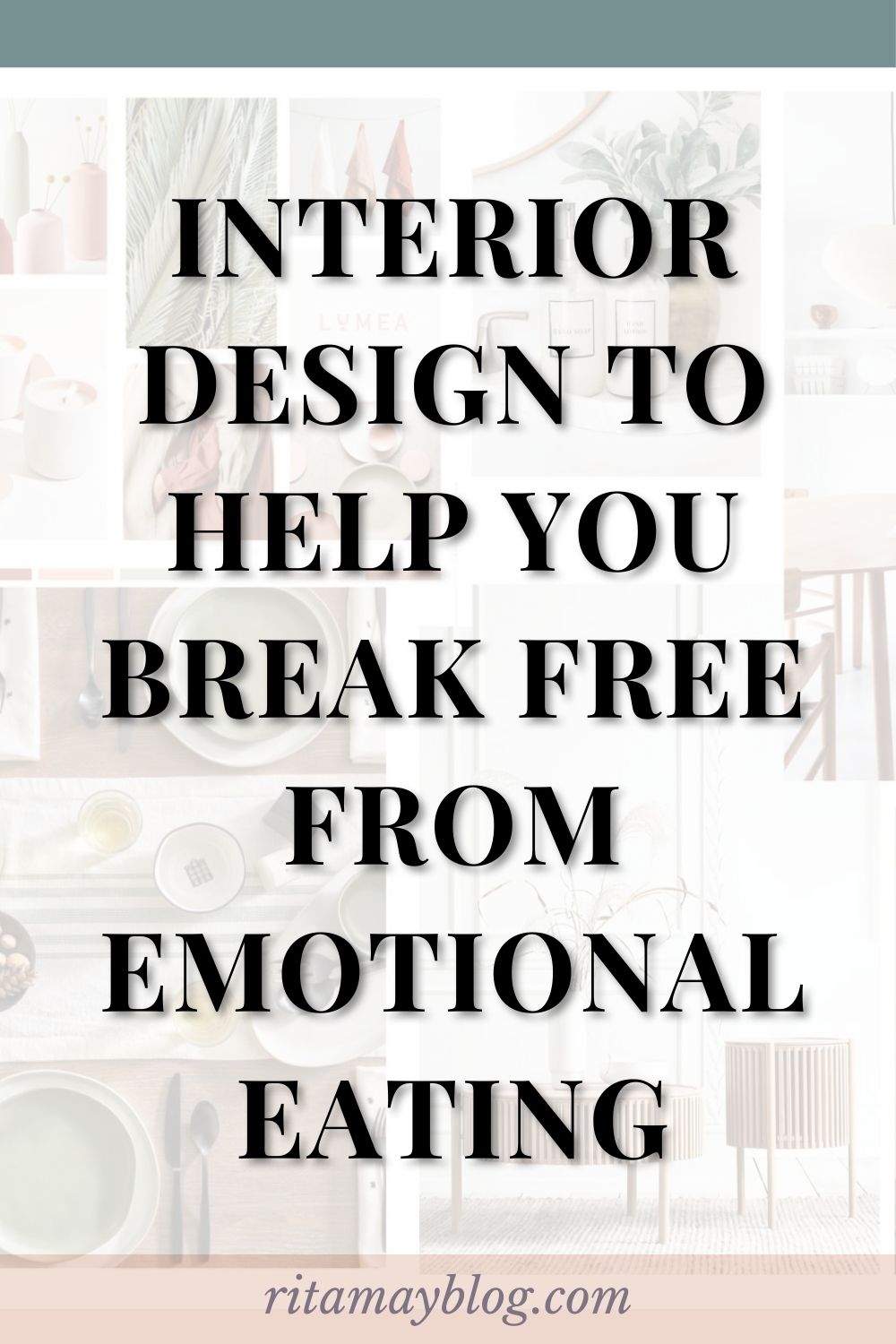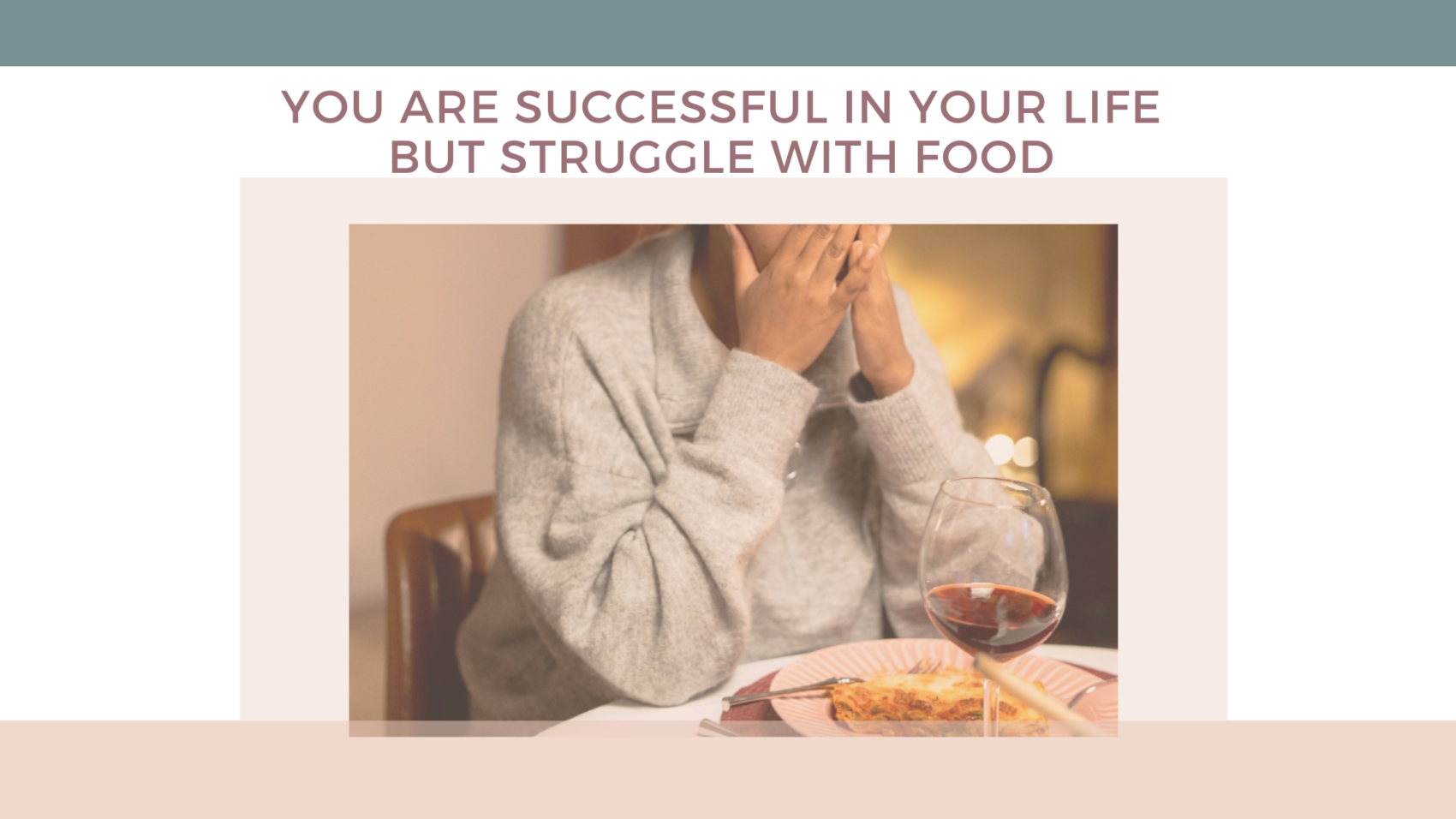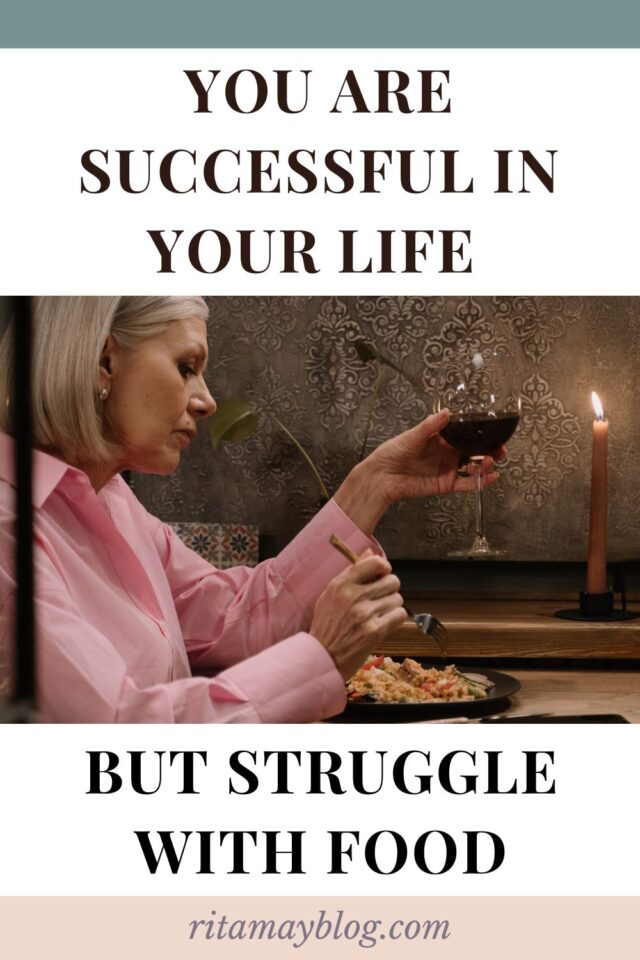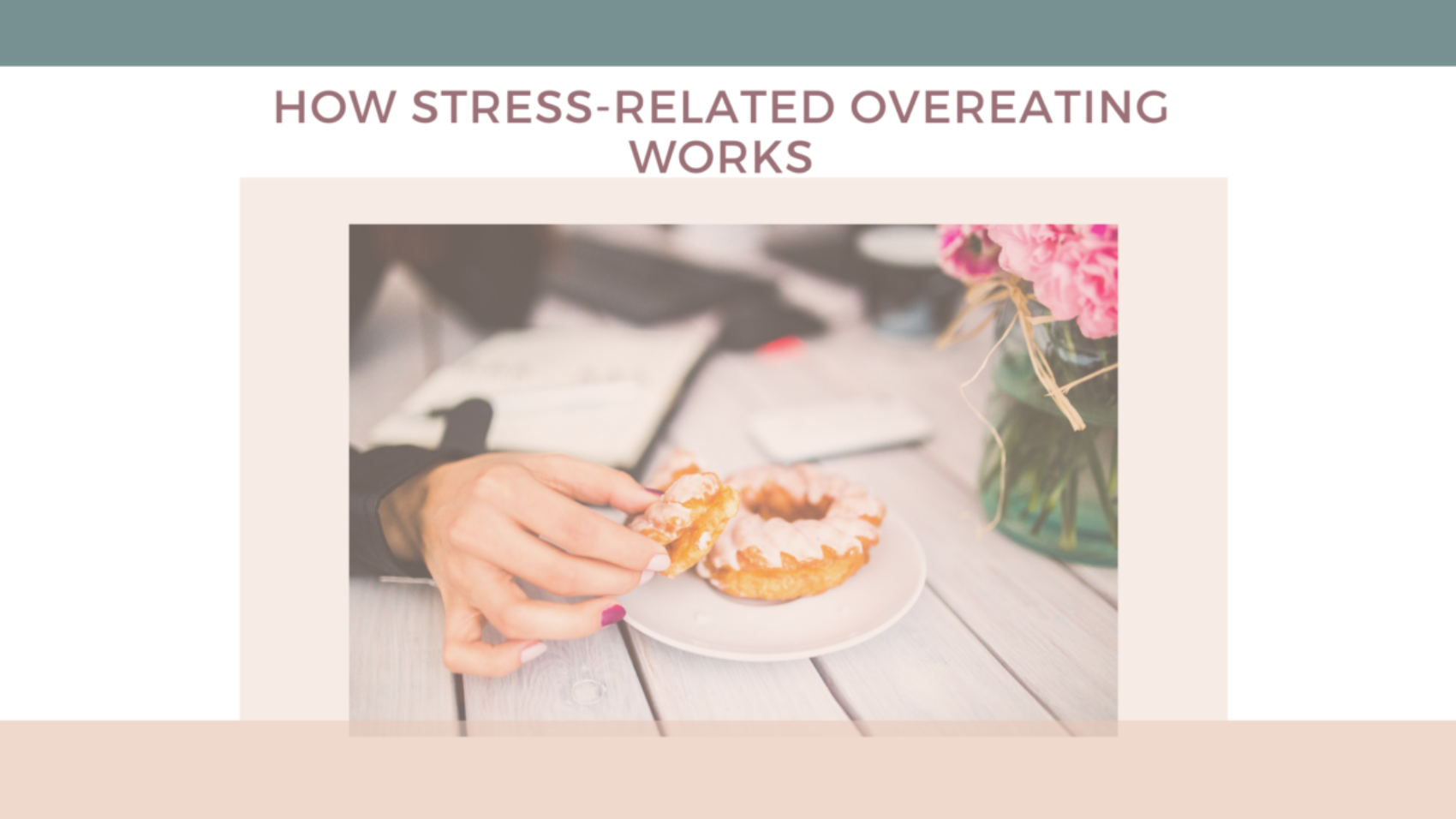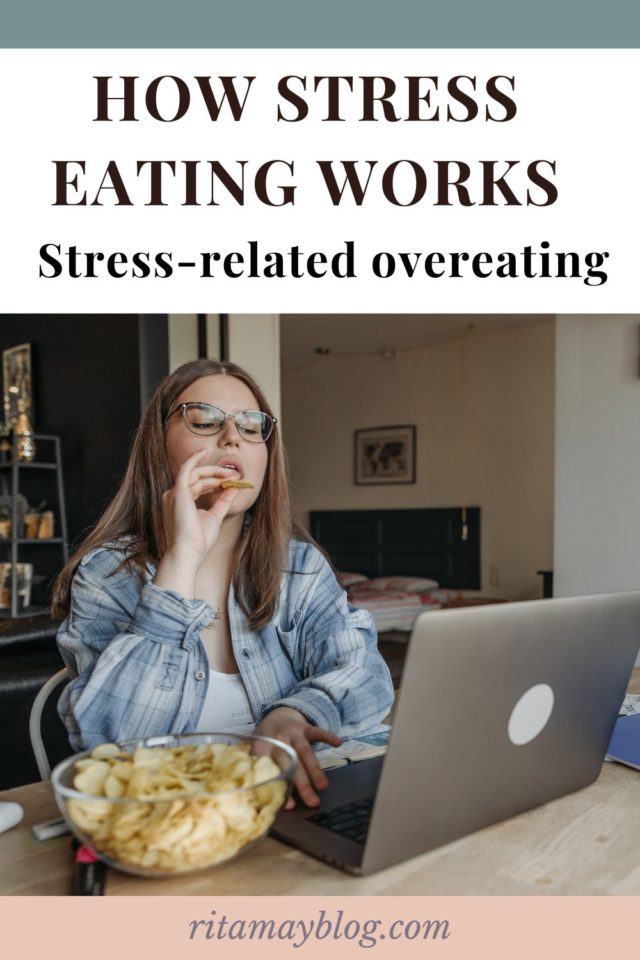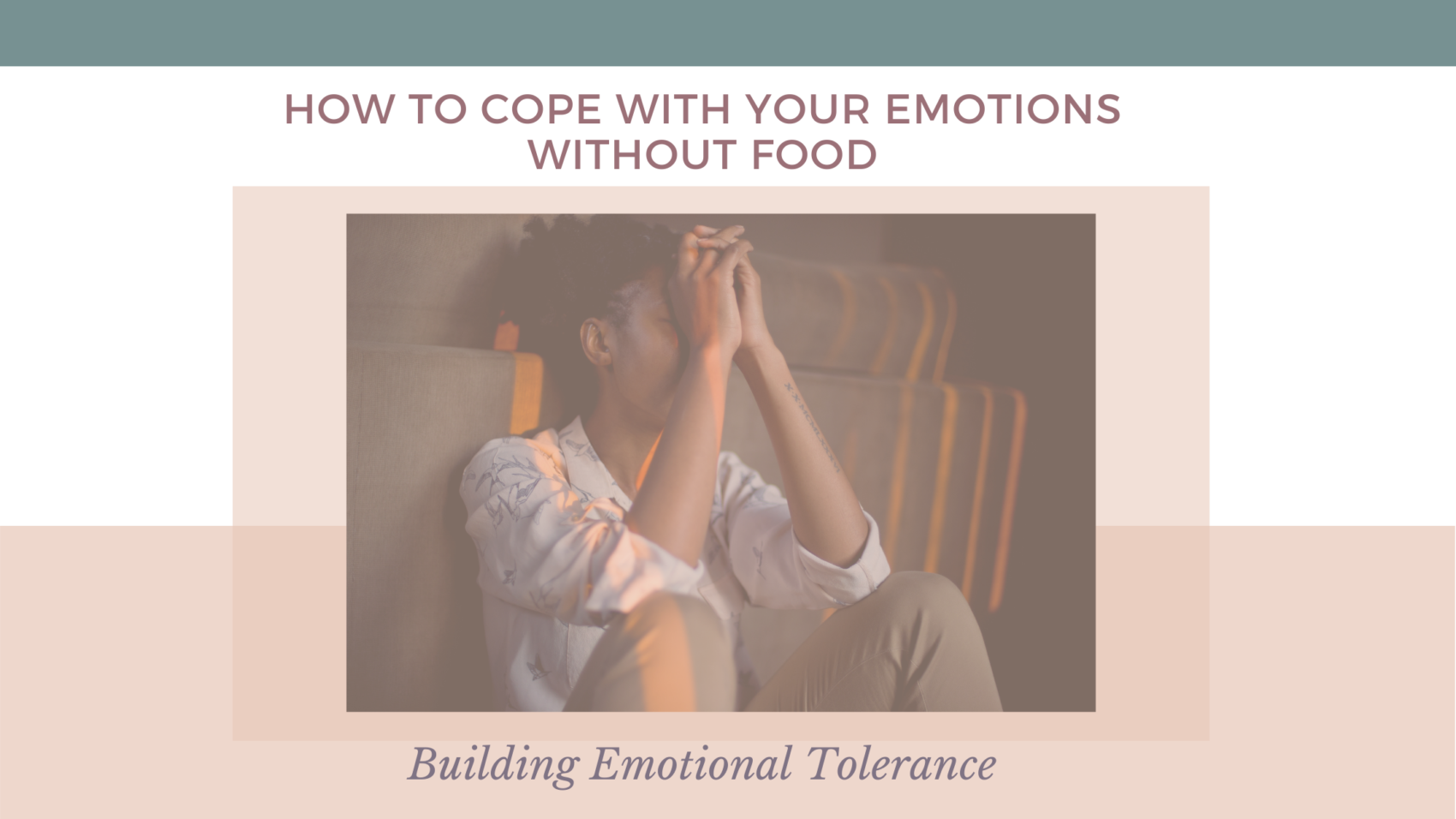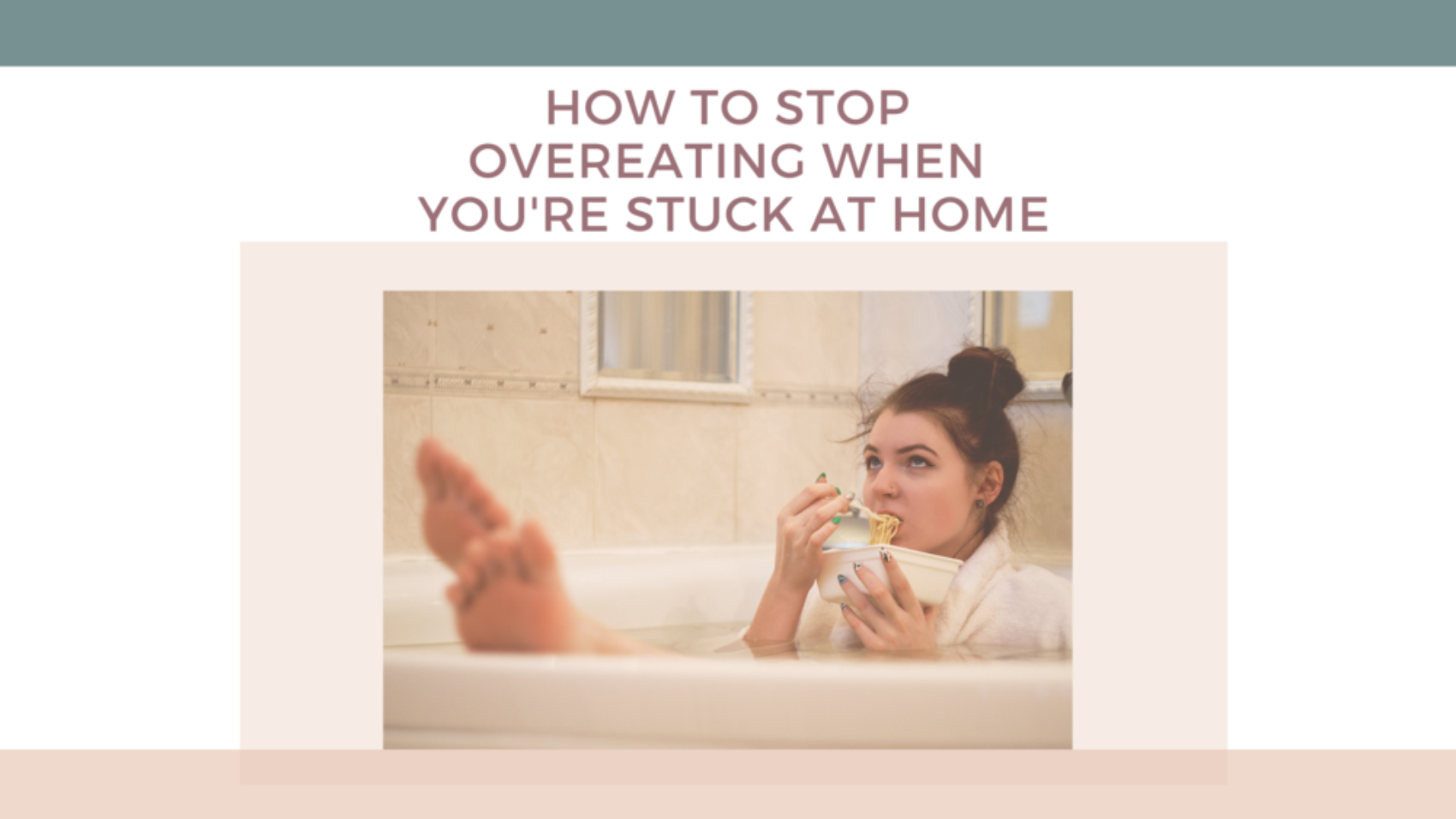One of the most common questions I get as a coach is:
“How long will it take for me to stop emotionally eating?”
Or bingeing. Or mindlessly snacking. Or obsessing over food.
It’s a completely fair question, especially if you’ve been stuck in a cycle for years and just want to feel normal around food again.
And the truth is, there’s no one-size-fits-all answer.
But that’s not because food freedom is some mysterious or elusive goal. It’s because real change depends on something most programs don’t talk about:
Why the change hasn’t happened yet.
If you’re stuck, it’s not because you’re broken or lack willpower.
It’s usually because something deeper is at play.
Here are a few common roadblocks I see:
-
“I don’t know what to do.”
You’ve tried a dozen plans, diets, detoxes, etc. but still don’t have real tools that work in real life.
You need more than a new food rule—you need a strategy that fits YOUR lifestyle, stress levels, and triggers.
-
“I know what to do, I just can’t seem to do it.”
This often signals hidden perfectionism, shame, or all-or-nothing thinking. You’re not lazy—you’re exhausted from trying so hard and still ending up in the same place.
Another reason can be hidden beliefs and thought patterns that make you self-sabotage your efforts. As you’re not aware of these beliefs, you feel powerless. But I can quickly find these beliefs with you and help you shift them to more helpful beliefs and thoughts.
-
“I keep starting over and losing momentum.”
You’re stuck in a loop: Try → Slip up → Start over.
Without addressing why you fall off track (and how to recover), change won’t stick. The solution? Learn to work through those moments, not around them. Learn from them, not just start over again.
-
“It all feels too big and overwhelming.”
Diet culture taught you to overhaul everything at once. But real change is about building safety, trust, and sustainability. You don’t have to do it all today.
The truth is:
Real, sustainable transformation doesn’t happen in a straight line.
It happens when you:
- Try a new habit and see what actually sticks.
- Fall off track and figure out why.
- Learn what your mind says in those moments—and respond differently.
- Build trust in yourself little by little, day by day.
That’s why in my private coaching experience, we don’t just focus on short-term wins.
We work together through the tough spots.
When motivation dips.
When perfectionism flares up.
When the self-sabotage voice gets loud.
That’s where the real change happens.
And that’s why so many of my clients finally break free after years of being stuck.
So, how long does it take?
It takes as long as it takes to become someone who handles food, feelings, and cravings with more self-trust and less urgency.
It takes time to unravel diet culture and build something kinder, calmer, and more sustainable in its place.
For my clients, it usually takes around 12 weeks to see significant change. That’s why my Eliminate Emotional Eating program lasts 12 weeks.
You don’t need to do it alone.
You just need the right support, the right tools, and enough time to make it yours.
If you’re ready to stop spinning your wheels and finally feel at peace with food, I invite you to apply for private coaching.
You bring the willingness. I’ll bring the roadmap.
And together, we’ll create lasting change on your terms.
Click here to learn more and book a free call to get to know each other and see if we are the right fit.
